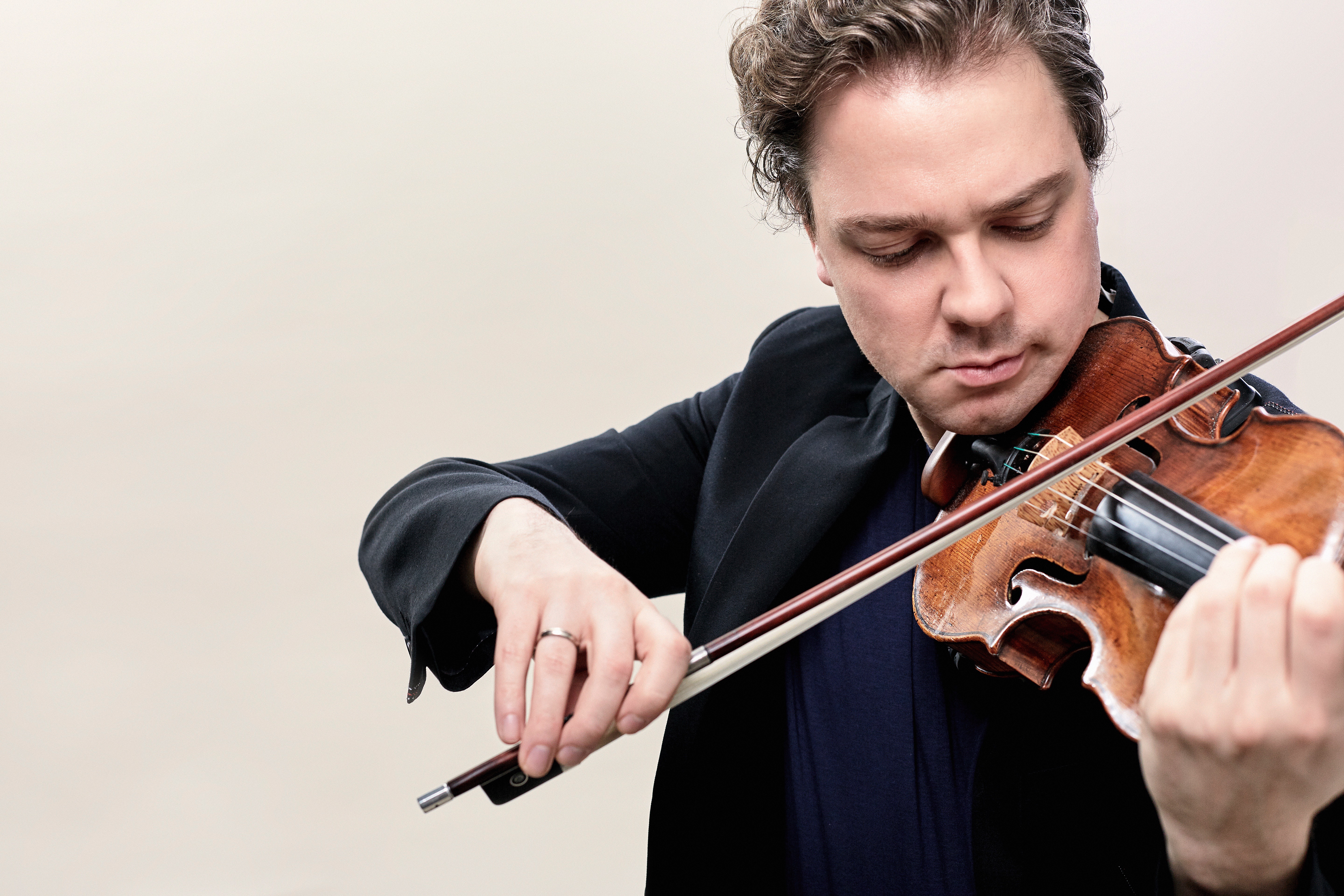
Programme
Mendelssohn Symphony No.4 “Italian” (30’)
Doreen Carwithen arr. Woods Lento for Strings (World Premiere) (8′)
– INTERVAL (20′) –
Beethoven Violin Concerto (45’)
– Alexander Sitkovetsky (Violin)
Artists
English Symphony Orchestra
Soloist: Alexander Sitkovetsky (Violin)
Conductor: Kenneth Woods
About this Concert
English Symphony Orchestra returns to Hereford – and for the first time to St Peter’s Church – with Alexander Sitkovetsky, one of the greatest violinists of his generation, performing Beethoven’s monumental Violin Concerto.
Alexander Sitkovetsky
Alexander Sitkovetsky was born in Moscow into a family with a well-established musical tradition. His concerto debut came at the age of eight, and in the same year he moved to the UK to study at the Menuhin School. Lord Menuhin was his inspiration throughout his school years and they performed together on several occasions.
The forthcoming season will see his debut at Vienna’s Musikverein with the Tonkünstler Orchester. Further highlights are his debuts with the Symfonieorkest Vlaanderen, Wisconsin Chamber Orchestra, Pomeranian Philharmonic Bydgoszcz, Detmold Chamber Orchestra and Armenian State Symphony Orchestra, as well as return visits to the Halle Orchestra, Anhaltische Philharmonie Dessau, Anima Musicae Budapest and Russian Philharmonic Novosibirsk. He will also appear at various chamber music festivals and venues, including Tokyo’s Suntory Hall, the Schubertiade in Hohenems, Colmar International Festival and the Australian Festival of Chamber Music. Extensive tours with the Sitkovetsky Trio will bring him to St George’s Bristol, Concertgebouw Amsterdam, Tel Aviv Museum of Art, the Chamber Music Series in Basel and Bern and the Chamber Music Society of Lincoln Centre in New York.
Highlights of his recent concerto performances include appearances with the Yomiuri Nippon Symphony Orchestra, Royal Philharmonic Orchestra, Munich Chamber Orchestra, Konzerthaus Orchester Berlin, Royal Northern Sinfonia, BBC Scottish Symphony Orchestra, Sinfonietta Rīga, Lithuanian National Symphony Orchestra, Netherlands Philharmonic Orchestra, Tokyo Symphony Orchestra, European Union Chamber Orchestra, Halle Orchestra, Academy of St. Martin’s in the Fields, Moscow Symphony Orchestra, St Petersburg Symphony Orchestra, Orquesta Filarmónica de Bolivia, National Polish Radio Symphony Orchestra, Russian State Philharmonic Orchestra, Residentie Orkest The Hague, Aarhus Symphony Orchestra, Welsh National Opera Orchestra, BBC National Orchestra of Wales, London Philharmonic Orchestra, Philharmonia Orchestra, Arctic Philharmonic Chamber Orchestra and Chattanooga Symphony Orchestra Tennessee.
He is also much in demand as a director and has directed and performed as a soloist regularly with the Australian Chamber Orchestra, Norwegian Chamber Orchestra, Amsterdam Sinfonietta, London Mozart Players, Lithuanian Chamber Orchestra, New York Chamber Players, Camerata Zurich, Arctic Philharmonic Chamber Orchestra and most recently with the Romanian Sinfonietta.
He is also regularly invited as guest soloist with orchestras touring the UK and these have recently included the Russian Philharmonic Novosibirsk, Brussels Philharmonic, St Petersburg Symphony Orchestra and the Tonkünstler Orchester.
His critically acclaimed CPO recording of Andrzej Panufnik’s Violin Concerto with the Konzerthaus Orchester Berlin commemorating the composer’s 100th birthday won an ICMA Special Achievement Award. His most recent recording with the English Symphony Orchestra of Philip Sawyers’s Violin Concerto was released to great critical acclaim.
Alexander was awarded 1st prize at the Trio di Trieste Duo Competition alongside pianist Wu Qian. He is an alumnus of the prestigious ‘Chamber Music Society Two’ programme at the Lincoln Center, and in 2016 received the Lincoln Center Emerging Artist Award.
Alexander is a founding member of the Sitkovetsky Piano Trio, with whom he has won various prizes including the Mecklenburg-Vorpommern Kammermusik Prize. The trio has performed all over the UK and Europe including Alte Oper Frankfurt, Concertgebouw Amsterdam and Wigmore Hall, and toured Asia recently. Alexander plays the 1679 ‘Parera’ Antonio Stradivari violin, kindly loaned to him through the Beare’s International Violin Society by a generous sponsor.
Reviews
Arcana.fm - 27th September 2021
Richard Whitehouse
https://arcana.fm/2021/09/27/eso-sitkovetsky-beethoven/
For this first concert in its 2021/22 season, the English Symphony Orchestra was heard at St. Peter’s Church, Hereford in a concert combining familiar classics with an arrangement of the kind that has been a hallmark of its programming under principal conductor Kenneth Woods.
The piece in question was a Lento for Strings that began as the slow movement of the First Quartet by Doreen Carwithen. Although she left a notable output of concert and film music, Carwithen (1922-2003) is remembered mainly through her association with William Alwyn – being his amanuensis from 1961 and second wife from 1975 for the final decade of his life. At the time of this quartet, she was a promising composer in her own right, as confirmed by Woods’s adaptation of the slow movement so that its prevailing intimacy and introspection lose none of their acuity. The ESO played it with requisite poise and finesse, not least those plangent solos for viola and violin that were eloquently rendered here by Matt Maguire and Kate Suthers, thereby resulting in an atmospheric miniature which warrants frequent revival.
Mendelssohn was just a year older when he completed his Italian symphony, long among his most popular works even if heard a mere handful of times then withheld from publication in his lifetime. Maybe the touristic nature of its conception or its unlikely tonal trajectory (A to A minor) created issues he was unable to resolve, but in creating this symphonic suite he had unconsciously set a precedent. Woods undoubtedly had its measure – whether in an Allegro (exposition repeat included) whose joyousness did not exclude more combative energy from its development and coda, an Andante whose journeying pilgrims were evoked with no little pathos, an intermezzo deftly revisiting the wide-eyed enchantment of the composer’s youth, or a finale whose interplay of saltarello and tarantella rhythms surged on to a decisive close.
Beethoven’s Violin Concerto is one of a select few in its genre whose weight and substance justifies its occupying the whole second half. Alexander Sitkovetsky responded accordingly – the opening movement long-breathed but sustaining itself at least until the latter stages of the development, when a sense of expectancy rather failed to materialize. Momentum picked up thereafter, not least during a finely projected account of the (Kreisler) cadenza whose tensile rhetoric subsequently made the orchestra’s heartfelt re-entry in the coda seem more telling.
The highlight of this performance came with the Larghetto, slower than is often now the case but its sequence of variations melding into each other with seamless elegance, with a rapport between soloist and conductor at its most tangible in the theme’s hushed reiteration prior to a spirited transition into the Rondo. This did not lack for impetus, and if Sitkovetsky was most perceptive in the intervening episodes, the anticipation generated as the main theme steals in on the approach to the final tutti carried through to the nonchalant pay-off of the closing bars. An appealing and enjoyable concert in which, moreover, the ESO sounded not at all fazed by the vagaries of the acoustic. It continues its current schedule on October 10th with music by Mendelssohn, Mozart and Schubert – plus a mystery piece ‘‘to be announced on the night’’!
Further information on the ESO’s next concert can be found at their website. For more on Doreen Carwithen, visit the MusicWeb International page here
